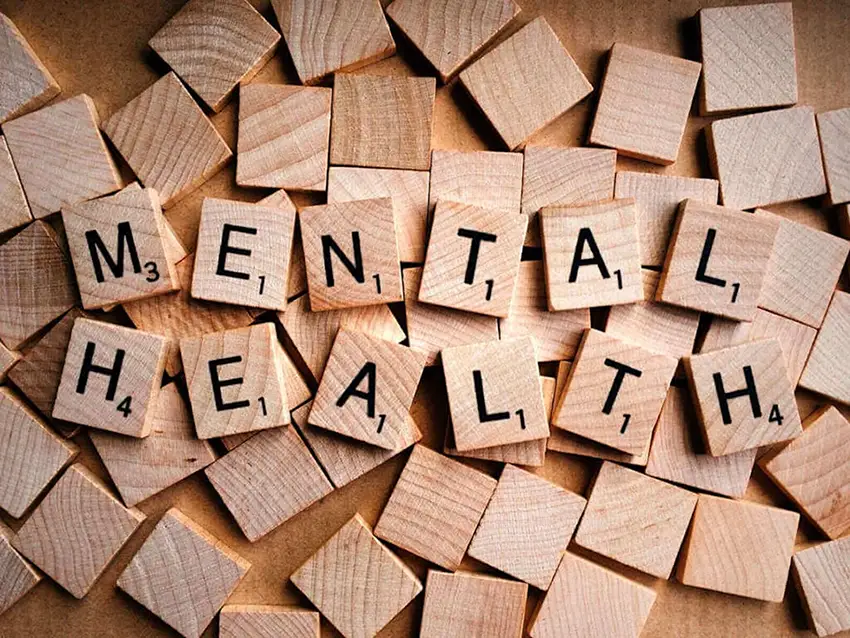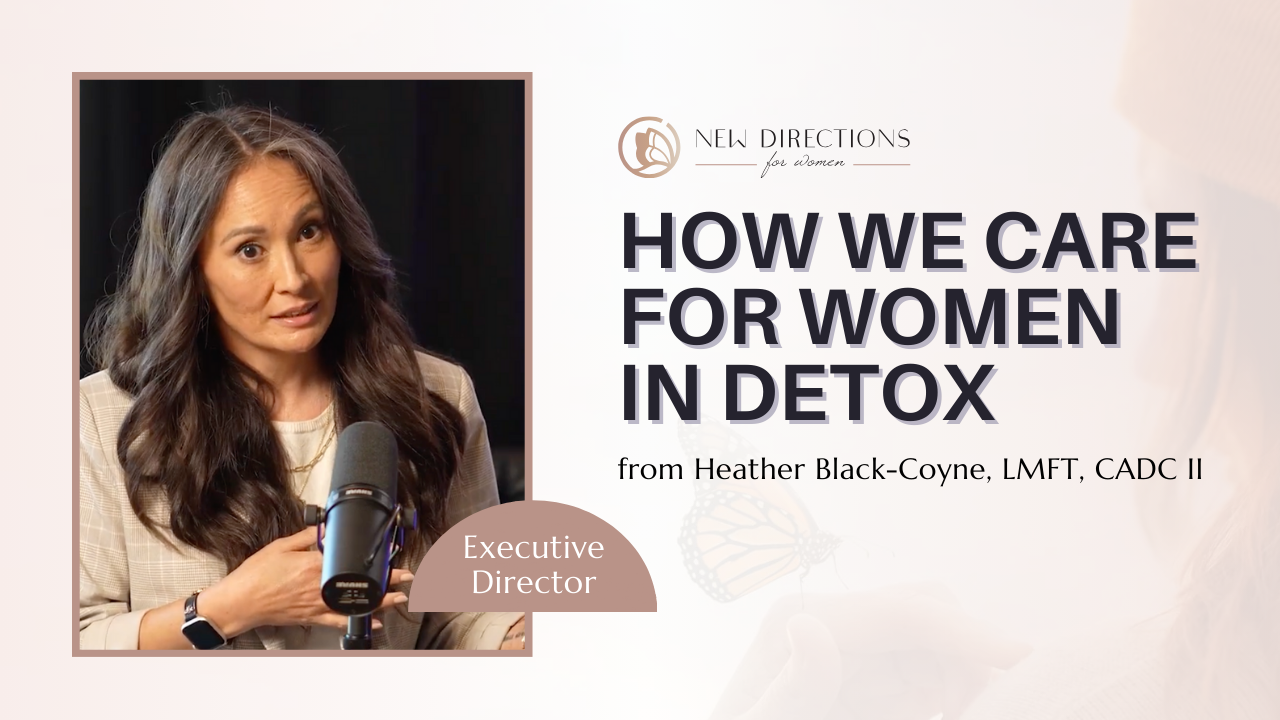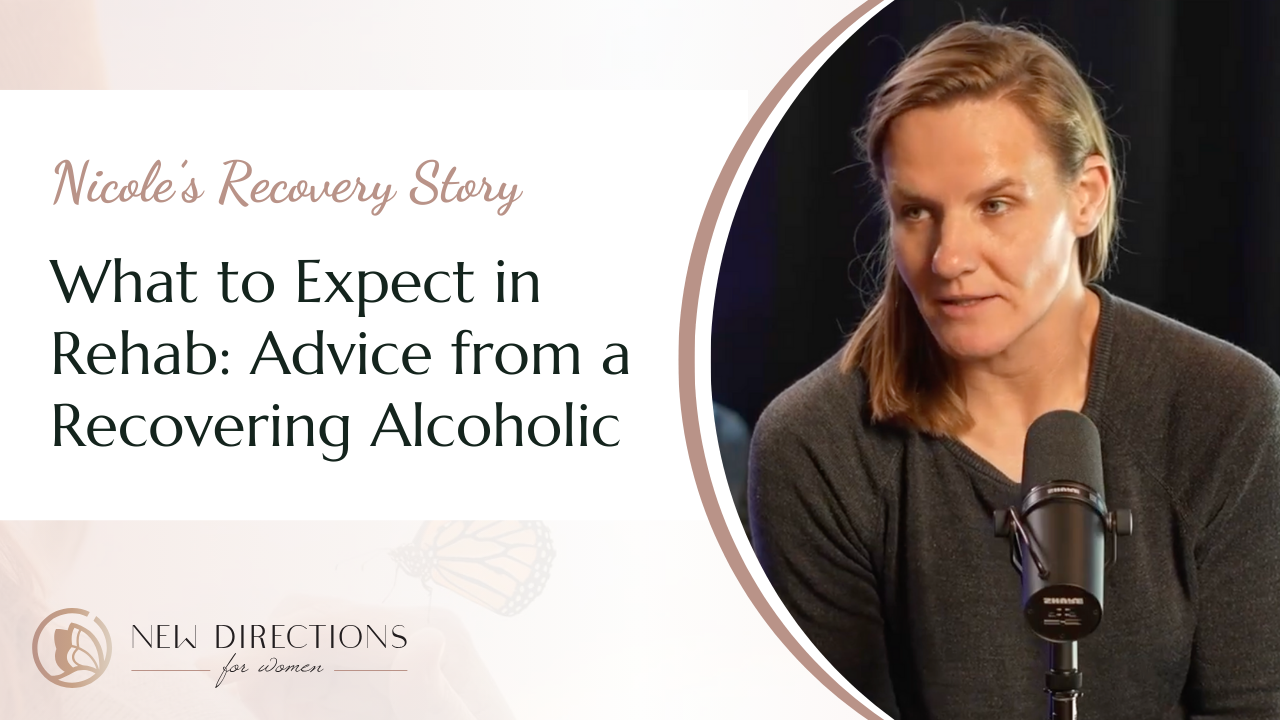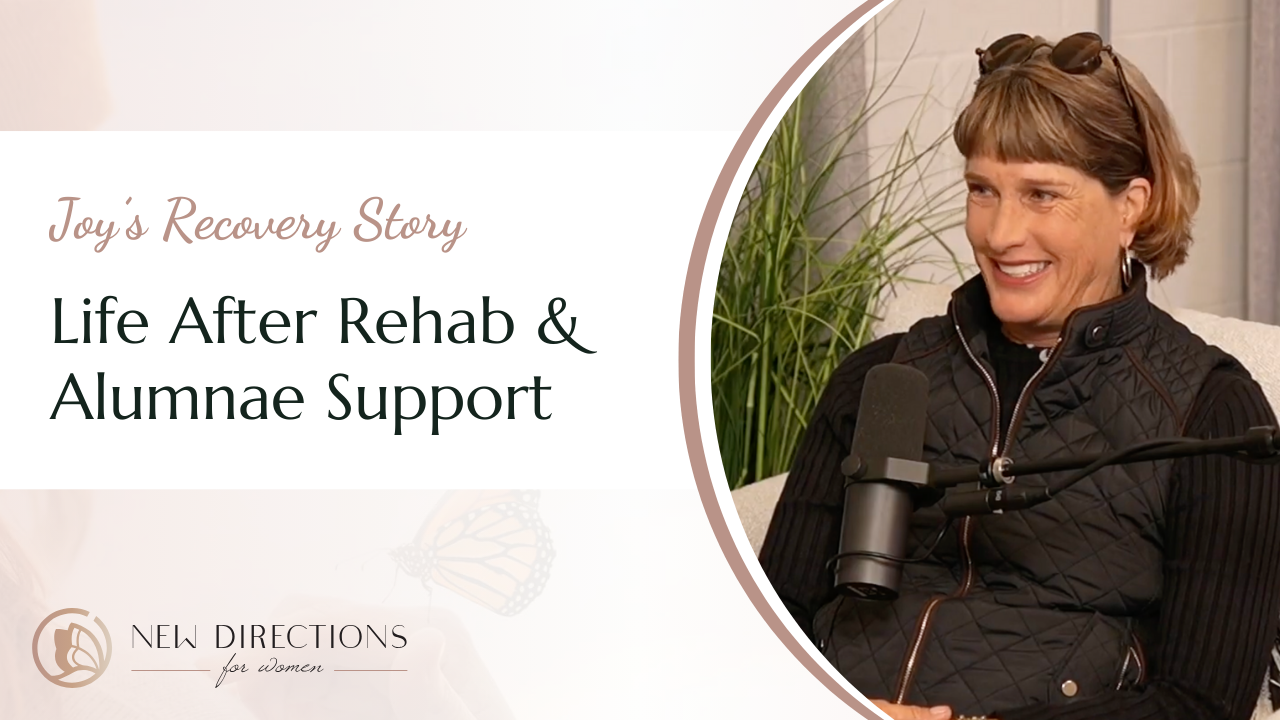Addiction Leads to Serious Mental Health Problems

Addiction is a beast that will devour everything good in your life. This includes your mental health. A substance use disorder will rob you of your joy, your family, freedom, finances, and self-respect. It can also steal your sanity and leave you crippled by a complete state of powerlessness. Sanity is a very precious and fragile thing. Without it, you can become completely incapable of taking care of yourself and navigating your own life.
Let’s take a moment to discuss how addiction deteriorates mental health. If you are struggling with a substance use disorder, you should seek professional addiction treatment. Many of the hundreds of families we’ve supported initially tried getting sober on their own but needed guidance from a rehab to truly experience the miracle of recovery.
Prolonged Use of Any Substance Alters Brain Functioning
It is important to understand that addiction is a complex brain disease. It interrupts the normal operations of the human mind. Substances like crystal meth, opioids (like Oxy and heroin), cocaine, alcohol, and marijuana interfere with the brain’s neurobiology in a powerful way.
In no uncertain terms, addiction causes extreme deficits in cognitive brain function.
For example, executive functions of the prefrontal cortex are sharply affected by substance abuse. The American Psychological Association reports that repeated drug use causes disruptions in cognitive activities like decision-making, response inhibition, planning, and memory.
Interrupted Brain Functioning Can Lead to Mental Illness
When a woman is suffering from a substance use disorder, the brain is continually being exposed to toxic chemicals. Plus, the brain gets completely out of whack because of the disruption to its own natural production of chemicals. This is a recipe for mental illness.
The U.S. Library of Medicine defines mental illness as “a condition that affects your thinking, feeling, mood, and behavior.” The mental illness may be occasional or long-lasting (chronic). “It can affect your ability to relate to others and function each day.”
Here are three terrifying mental illnesses (usually temporary) that a woman may experience after abusing addicted substances:
(1) Hallucinations: This involves a break down in sensory perception. A user will begin seeing, hearing, feeling, or experiencing things that are not actually there. For example, you may have heard of the so-called “meth mites.” Many crystal meth abusers will insist that tiny bugs are crawling on them and dig into their skin to get rid of them, causing self-harm.
(2) Delusions: These are untrue beliefs. When a drug user insists that certain things are true, despite all evidence to the contrary, they are experiencing a delusion. For instance, someone might believe that the FBI is tapping their phones or following them. They may be convinced that aliens are monitoring their thoughts. They might be absolutely certain that the television is sending them telepathic messages.
(3) Psychosis is a very real possibility for women who abuse alcohol, methamphetamines, and other toxic chemicals. This happens when someone takes too much of a specific substance and they have a complete break from reality, known as a psychotic episode.
Of course, there are other mental health issues that can arise from prolonged substance abuse. These include anxiety, social isolation, depression, extreme mood swings, eating disorders, suicidal ideations, insomnia, hypersomnia, and self-harm.
Are You Living With a Co-Occurring Disorder?
When someone has a mental illness (like bipolar disorder, an anxiety disorder, schizophrenia, or PTSD), AND they have a substance use disorder, they have what is called a “co-occurring disorder,” also known as a dual-diagnosis.
In many cases, mental illness is present long before someone turns to drugs or alcohol. Many people with mental health issues seek a chemical solution as a way to cope with painful symptoms. This is known as “self-medicating.”
What Happens When Self-Medicating Stops Working
Substances like alcohol, methamphetamines, and even marijuana can provide immediate temporary relief for mental health issues. The problem is that users quickly grow a tolerance. This means self-medication no longer works. When this happens, users will do more and more of their substance of choice, continually hoping to find relief again. Sadly, it never comes.
This is a recipe for disaster. Substance abuse ultimately make symptoms worse and deteriorates mental health, which can lead to a complete mental break and maybe even hospitalization.
Self-medication is never the solution to mental health issues. When someone has a dual-diagnosis, they need to get sober and stay sober. They also need to go to a rehab that provides clinical services designed to help those with a co-occurring disorder.
Substance Abuse Can Cause Extreme and Dangerous Bouts With Depression
Continued and prolonged use of drugs and alcohol will almost always lead to depression. This should be cause for great concern. There are a couple of different reasons a substance use disorder can lead to depression.
Intoxicants cause a surge of feel-good chemicals in the brain. This is the “high” that so many people become addicted to. When neurotransmitters like serotonin and dopamine flood the brain, the result is a very pleasurable experience.
The problem is; these chemicals eventually become completely depleted. This leads to dark depressive episodes, which ultimately leads to continued drug-seeking behavior, which just leaders to deeper depression.
The Link Between Addiction and Suicide
In addition to depression, addiction results in a number of serious consequences that can seem impossible to overcome. These include loss of employment, family problems, legal difficulties, withdrawal, financial devastation, and mental health issues. This is referred to as “unmanageability.”
Needless to say, living this way can cause severe depression, uncontrollable crying, and overwhelming feelings of hopelessness. For these reasons, addiction and suicide are familiar companions.
The American Federation for Suicide Prevention reports that approximately 129 people commit suicide every day. More than 50 percent of all people who commit suicide suffered from major depression. Many of these people were also addicted to drugs or alcohol.
A Note for Families Who Have an Addicted Loved One
The bottom line is that addiction wreaks havoc on the brain. This might help bewildered family members understand why their addicted loved one makes such poor decisions.
Addicts often appear to be completely out of their minds at times. It’s because, for all intents and purposes, they are. This is a result of their substance use disorder. It becomes nearly impossible for an addicted person to make sound and rational choices when addiction is running the show.
Also, chronic substance abuse just leads to more substance abuse. The brain is wired to want more of whatever addictive substance is being used. This becomes a compulsion, which makes an addict willing to go to almost any lengths to get the next pill, fix, hit, or drink. Compulsive use of any substance eventually results mental health issues, which lead to negative consequences.
Ready for a Restoration to Sanity?
Perhaps the information found in this article resonates with you. It is not uncommon for women to develop mental health issues as the result of a substance use disorder. If you feel like you are losing your mind because of your drug or alcohol use, we want you to know that help is available. There is hope. You can recover.
Typically, the kind of mental health issues that arise from substance abuse can be treated. With continuous sobriety and effective addiction treatment, you can reclaim your sanity. If you have a dual-diagnosis, you can learn to manage and enjoy your life without the use of drugs or alcohol.
If you are ready for a restoration to sanity – or if you have a loved one who needs treatment – we are here to help. New Directions for Women is run by women for women. We know recovery and have been helping women with mental health issues get sober for more than 40 years. We can help you and your loved one too. We’re ready when you are.



